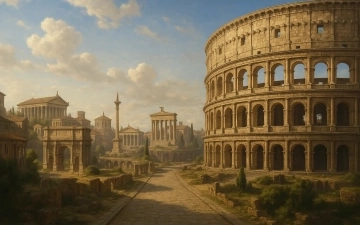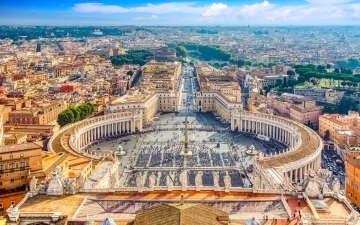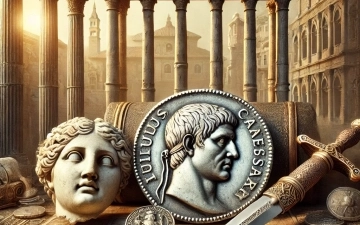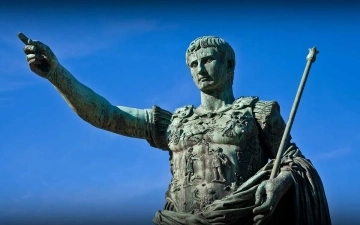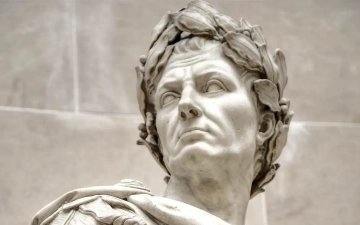Claudius: The Unexpected Emperor and His Surprising Achievements
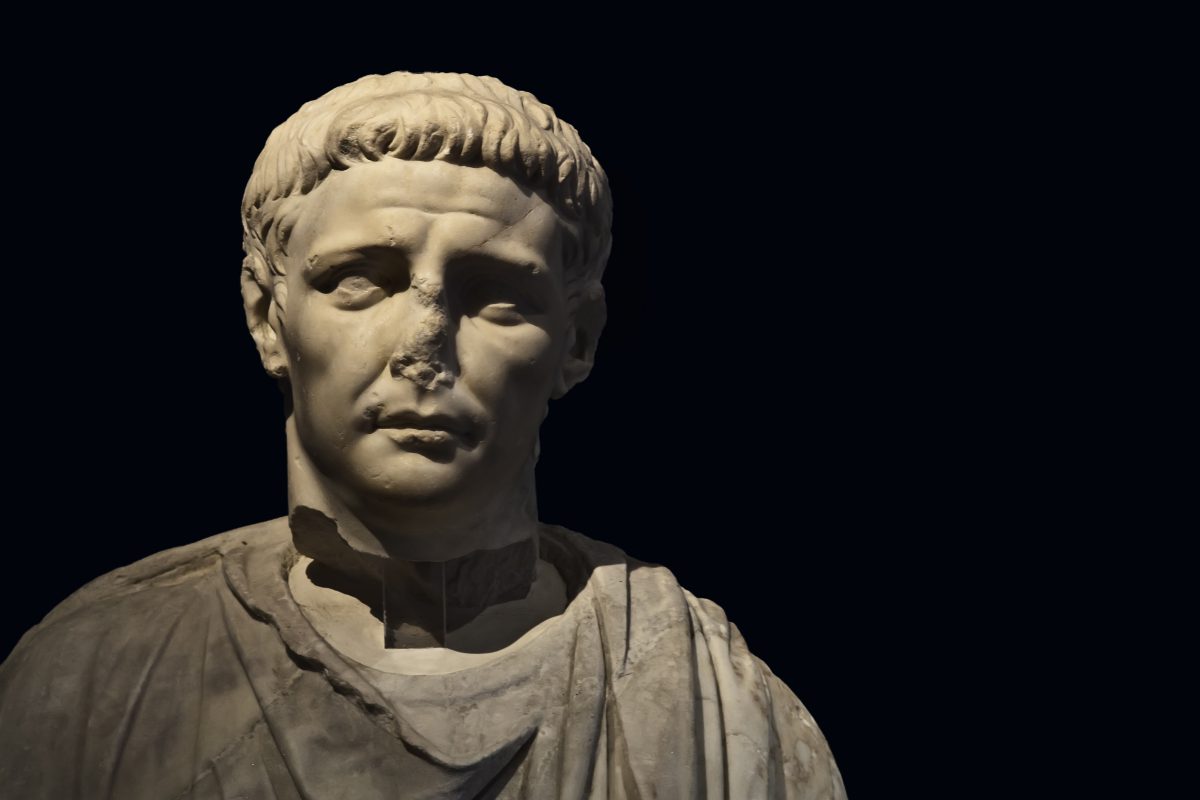
In the annals of Roman history, the name Claudius stands out as a remarkable story of an unexpected emperor who defied the odds and left behind a legacy of significant achievements. Often underestimated due to physical disabilities, Claudius rose to power and proved to be a capable and innovative ruler. In this article, we delve into the life and reign of Claudius, shedding light on his surprising journey and accomplishments.
Early Life and Challenges
Tiberius Claudius Caesar Augustus Germanicus, commonly known as Claudius, was born in 10 BCE. He faced numerous challenges from birth, including physical ailments that led many to dismiss him as unfit for public life. His stutter and limp contributed to his frequent exclusion from the political and social circles of Roman aristocracy.
The Unlikely Ascension to the Throne
Despite his disabilities, Claudius displayed a keen intellect and a thirst for knowledge. He immersed himself in scholarly pursuits, becoming a historian and author. His survival through the tumultuous reigns of his predecessors, including the infamous Caligula, was seen by many as a result of his seemingly unambitious nature.
However, fate had other plans for Claudius. In 41 CE, the Praetorian Guard declared him Emperor following Caligula's assassination. The Senate initially underestimated him, believing he would be easily controlled. Yet, Claudius surprised everyone by his swift and effective consolidation of power.
Reforms and Achievements
Claudius' reign is notable for several achievements:
- Expansion of Roman Territories: He oversaw the successful conquest of Britain, bringing it under Roman rule for the first time.
- Infrastructure and Public Works: Claudius initiated numerous public projects, including the construction of aqueducts and roads, improving the quality of life for Roman citizens.
- Legal Reforms: His reign witnessed significant legal reforms, including the extension of Roman citizenship to non-Italian provinces and the enhancement of the rights of slaves.
- Administration and Bureaucracy: Claudius reformed the imperial bureaucracy, improving its efficiency and reducing corruption.
- Promotion of the Arts: He supported the arts and literature, fostering cultural growth during his rule.
The Legacy of Claudius
Claudius' death in 54 CE marked the end of a transformative reign that defied expectations. While his rule was not without controversy, his accomplishments are undeniable. He expanded and consolidated the Roman Empire, leaving it in a stronger and more stable state. His commitment to public works and social reform improved the lives of many Romans.
Claudius' legacy challenges the notion that leadership is solely determined by physical prowess or charisma. His reign exemplifies the importance of intellect, determination, and vision in effective governance. Claudius, the unexpected emperor, remains a testament to the potential for greatness that lies within even the most underestimated individuals.
Claudius' journey from an overlooked and physically challenged scholar to a capable and reform-minded emperor is a remarkable chapter in Roman history. His surprising achievements continue to serve as an inspiration, demonstrating that leadership and greatness can emerge from the most unexpected quarters.
Related Posts
Majestic Ancient Rome: Unveiling the Timeless Splendor of Ancient Roman History Architectural Marvel and Colosseum
Introduction The history of Rome is an intricate weave of power, culture, and art. It gives ample narratives ever since the rise of the Roman Republic until the Empire Era Greco-Roman civilization is captivating for the world, historians and travelers as well. In this article we tell the story of...
Read MoreA Portrait of Berl Katznelson: The Role of Jewish Tradition in His Labor Zionist Thought
Berl Katznelson (1887–1944) was a towering figure in Labor Zionism, a movement that sought to combine socialist principles with the Zionist vision of a Jewish homeland in Palestine. Born in Bobruisk, Belarus, to a family steeped in Jewish tradition and Zionist ideals, Katznelson’s upbringing profoundly shaped his intellectual and ideological...
Read MoreDigital Assets and the Holy See: How the Vatican is Adopting Blockchain & Crypto Technology and NFTs
Introduction The Vatican has started experimenting with blockchains and non-fungible tokens (NFTs) technology integration around the world to engage new audiences and culturally patrimonial preservation of Ancient Greece and Rome. This initiative, which began with the Vatican Apostolic Library and NTT DATA Italia, is one of the first on Web3 attempts...
Read MoreUnearthing History: Julius Caesar’s Artifacts and Their Significance
Julius Caesar, one of the most renowned figures of Roman history, left an indelible mark on the ancient world. His military conquests, political reforms, and dramatic death have made him a central figure in historical and archaeological studies. Although Caesar lived over two millennia ago, numerous artifacts associated with his...
Read MoreThe Rise and Fall of Julius Caesar: A Tale of Ambition and Betrayal
Julius Caesar, a name that echoes through the corridors of history as one of ancient Rome's most prominent and controversial figures. His life, marked by ambition, military genius, and ultimate betrayal, is a tale that continues to captivate and intrigue. The Ascent of Ambition Julius Caesar was born in 100 BCE into...
Read MoreAugustus: The Architect of Imperial Rome’s Golden Age
In the grand tapestry of ancient Rome's history, one name stands out as a pivotal figure who played a transformative role in shaping the destiny of an empire. That name is Augustus, the first Roman Emperor, whose reign marked the beginning of a remarkable era known as the Pax Romana...
Read More

















